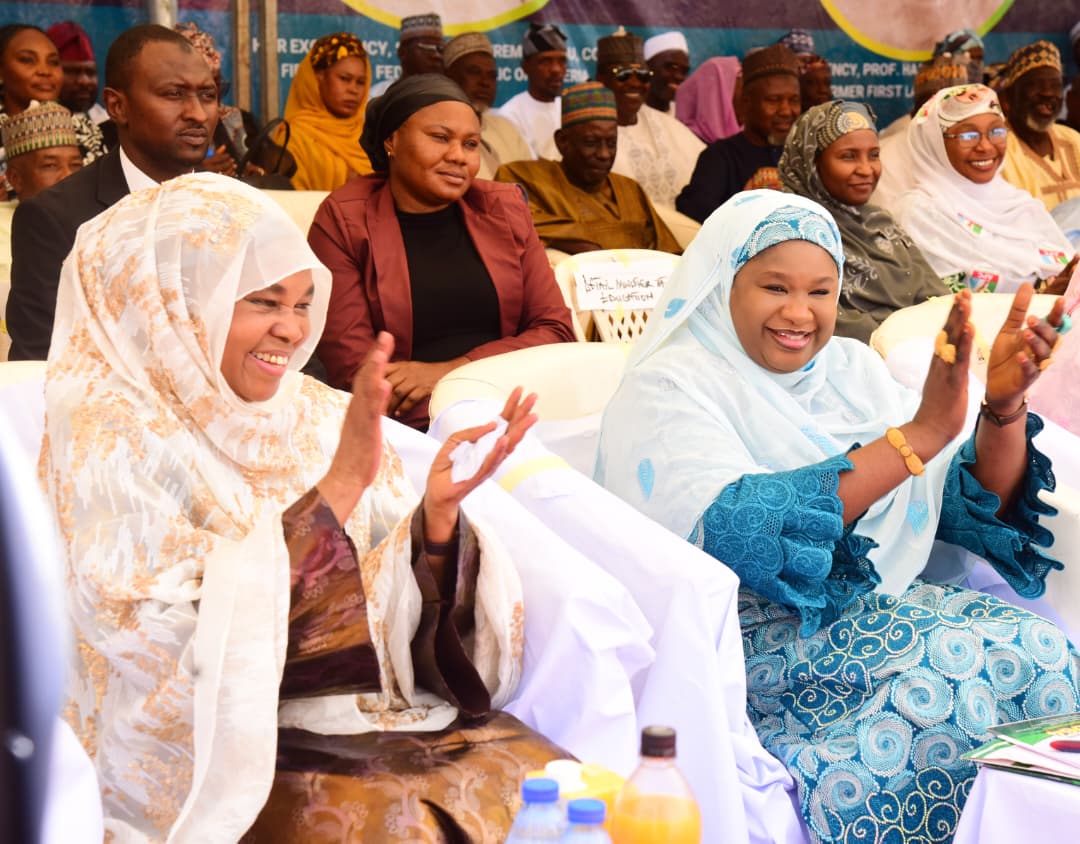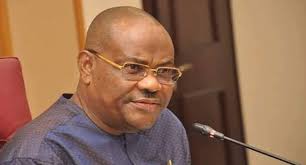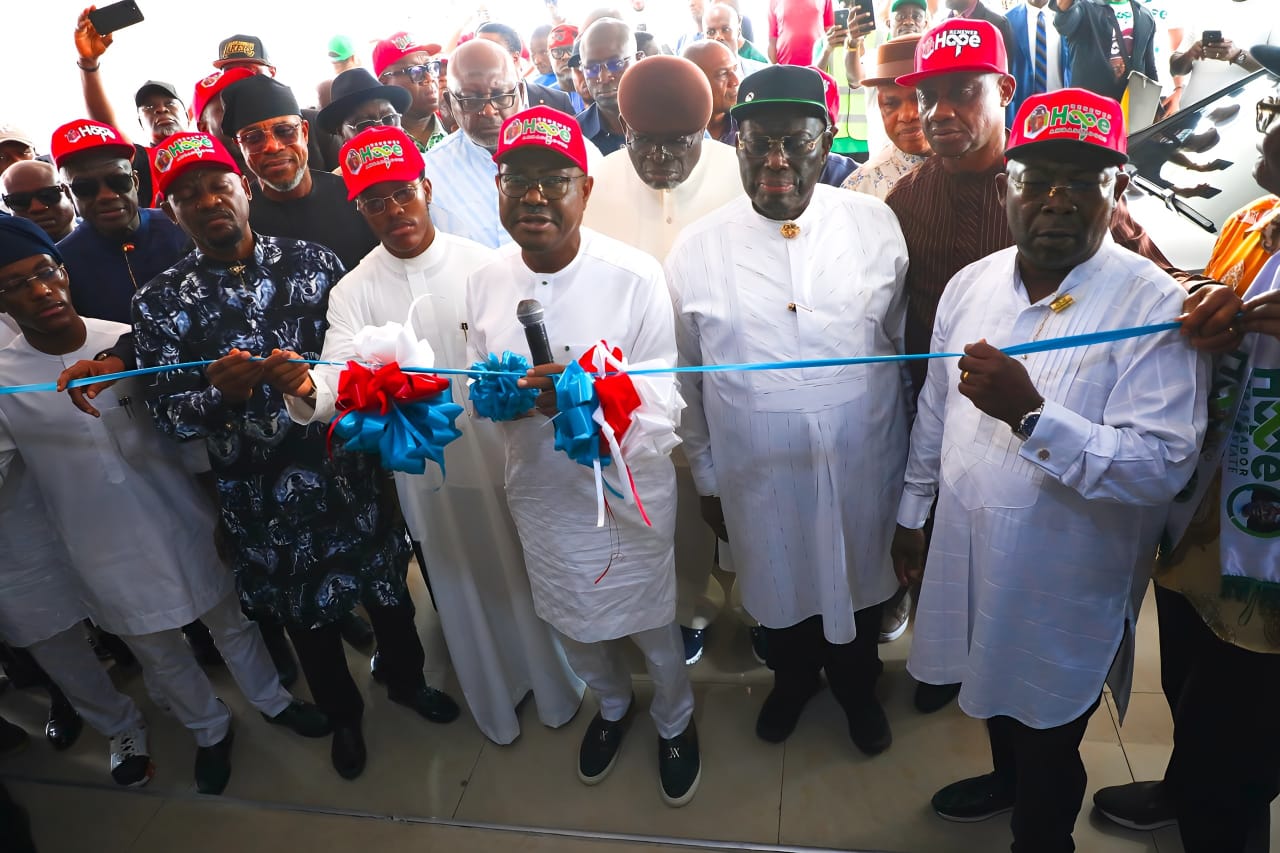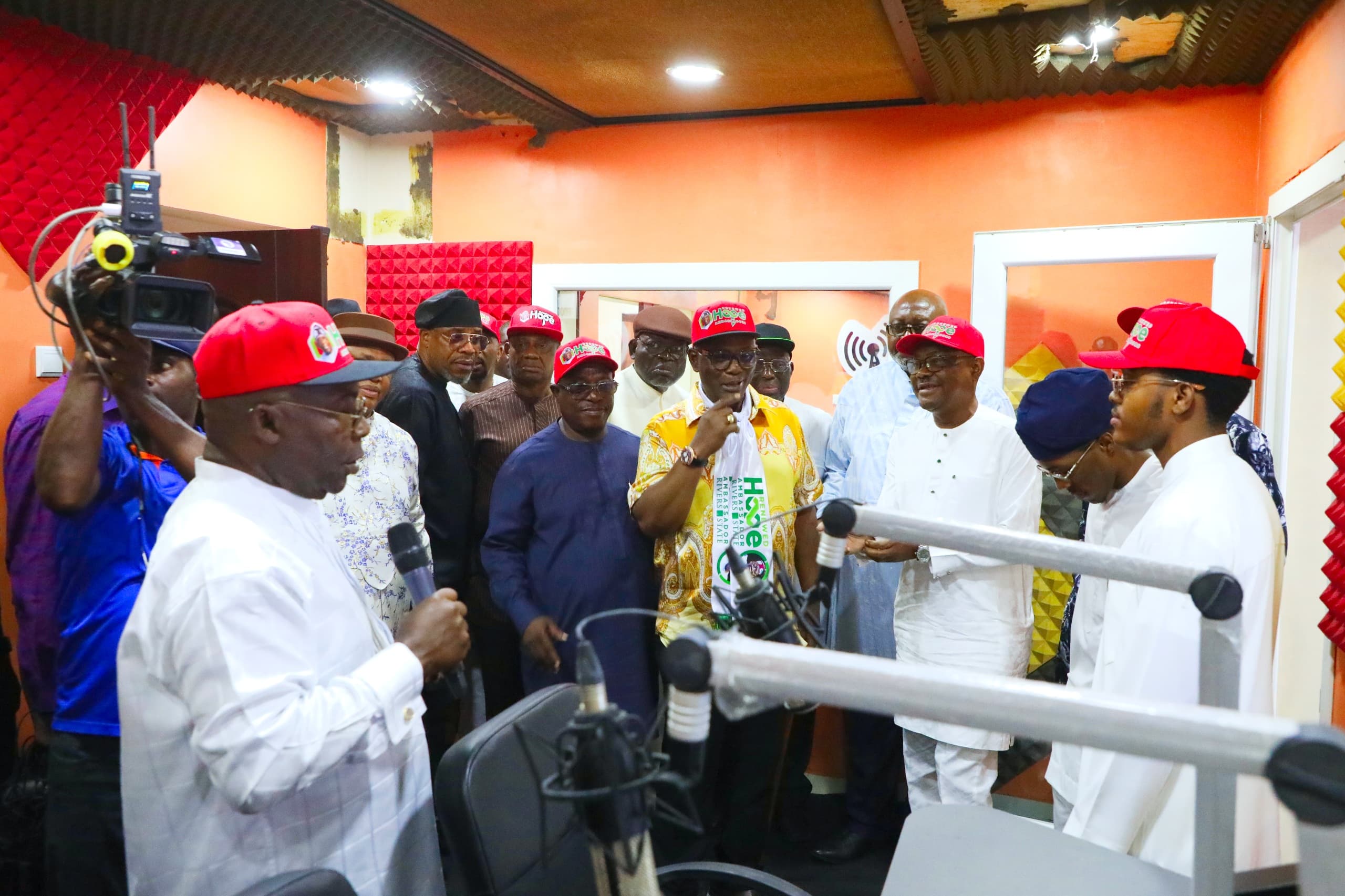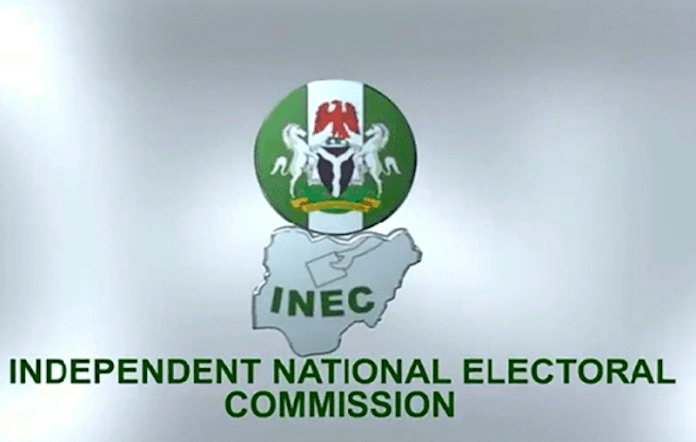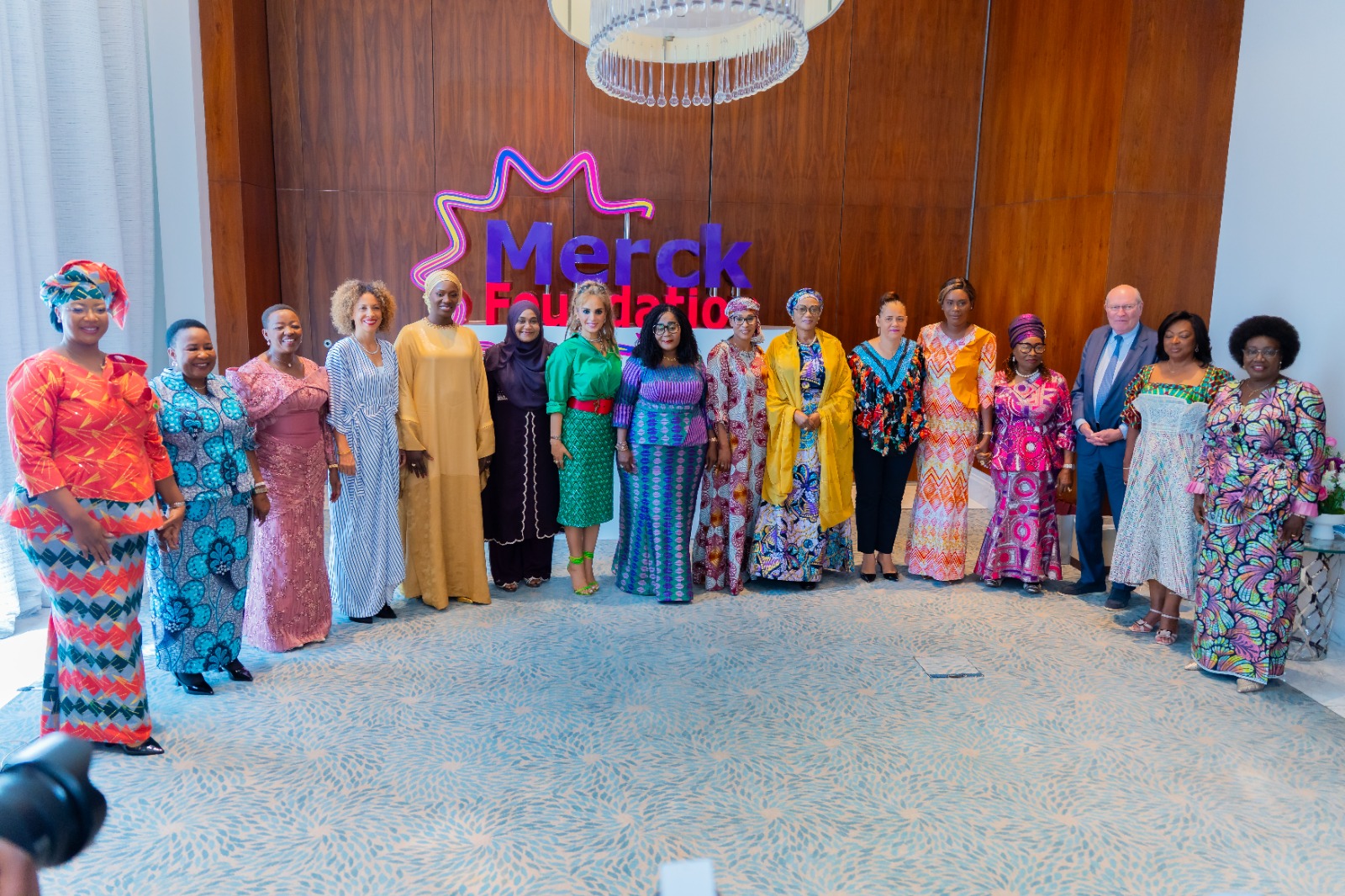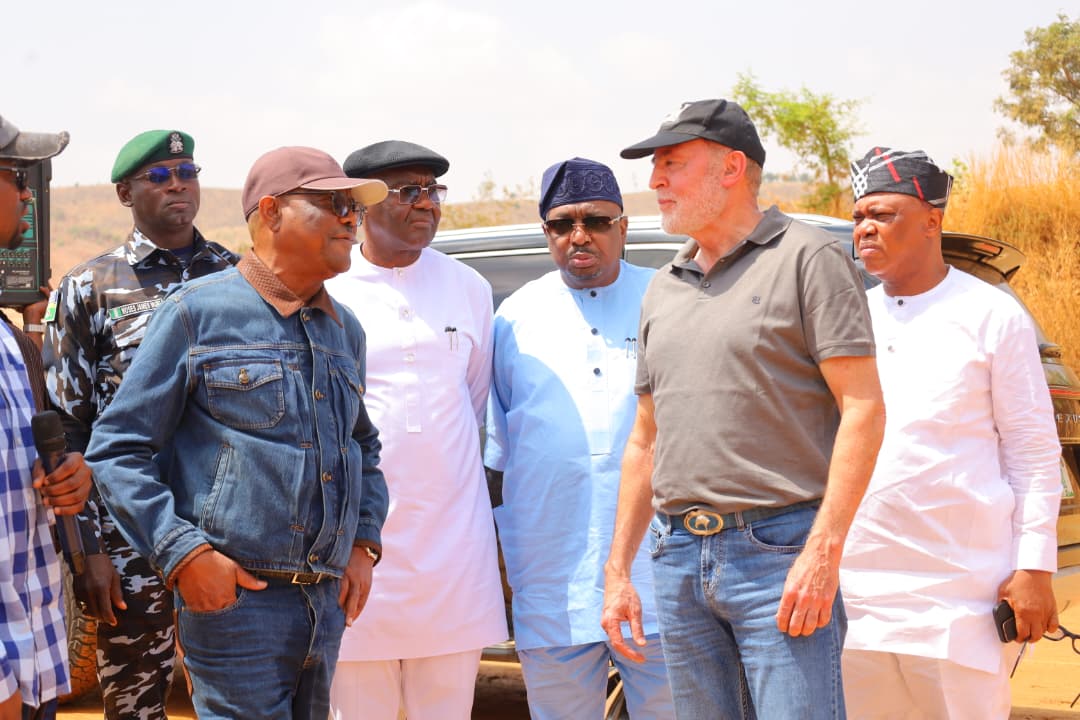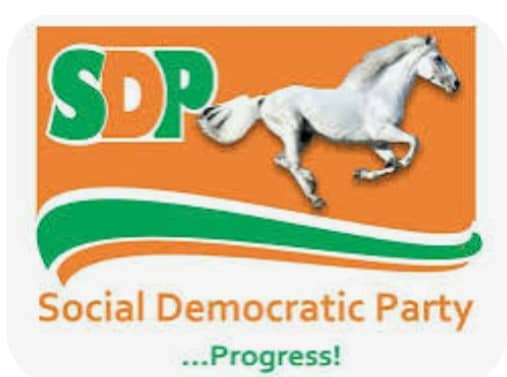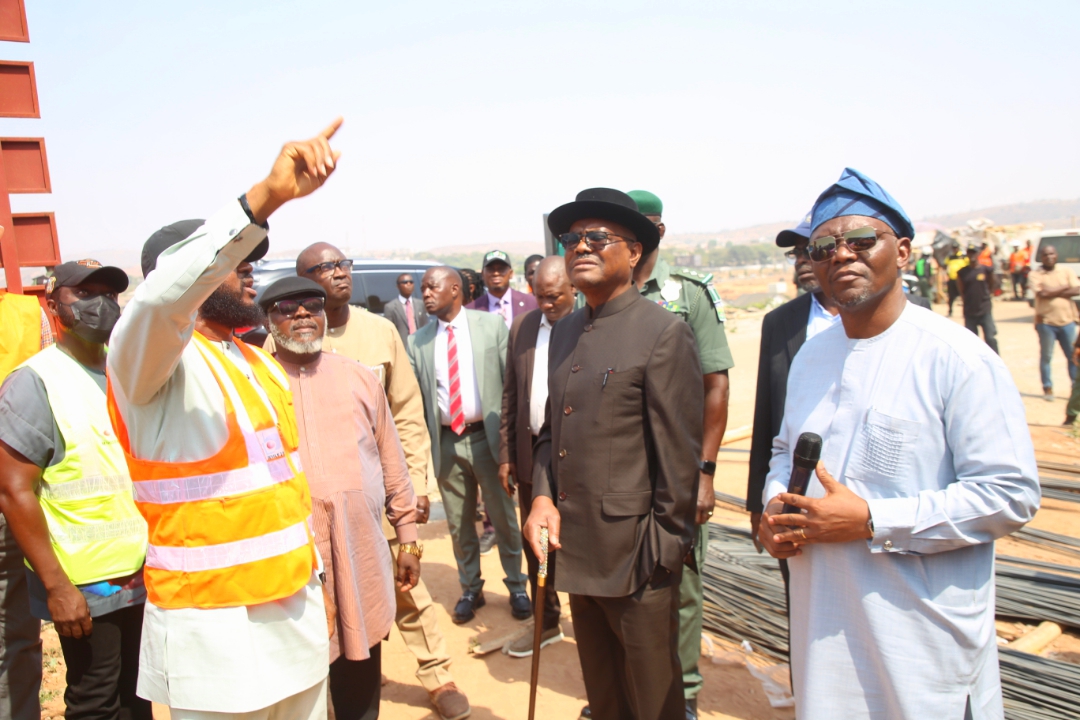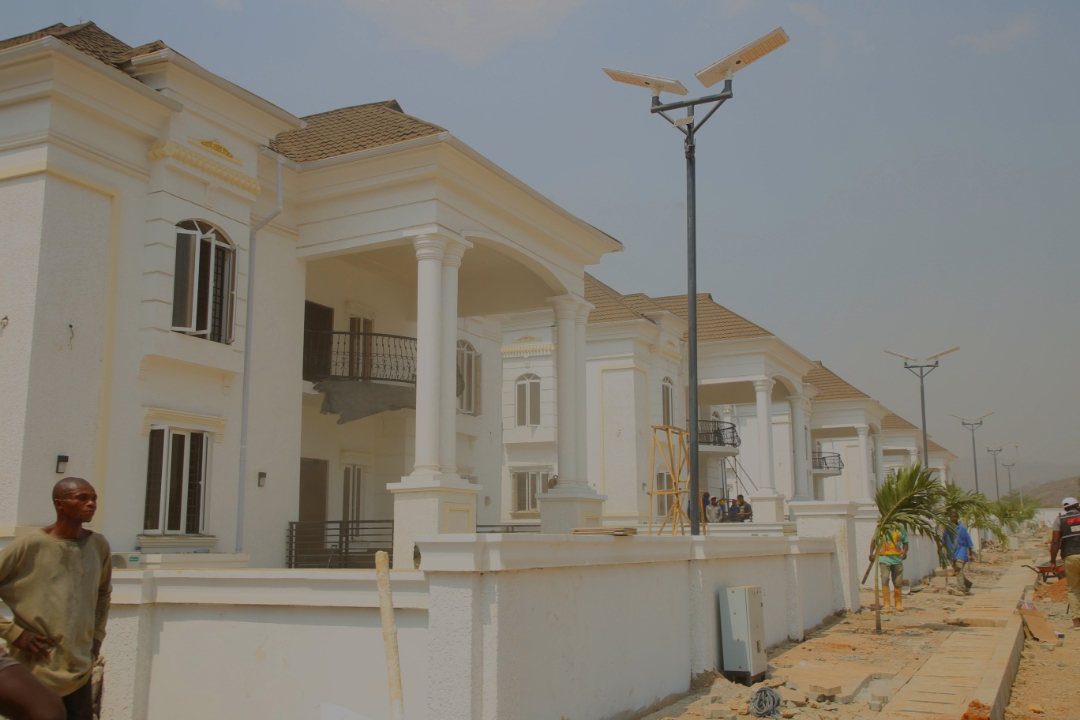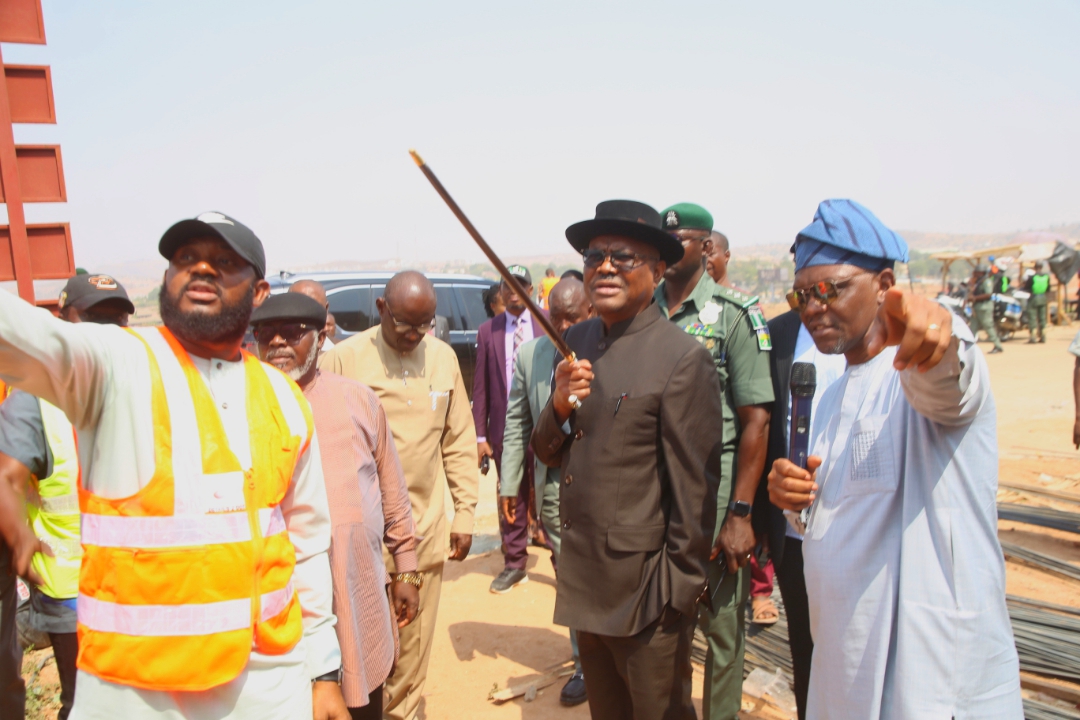***Says initiative will lift women, vulnerable out of poverty
Former First Lady of Kano State, Prof. Hafsat Abdullahi Ganduje, has showered praises on the Minister of State for the Federal Capital Territory (FCT), Dr. Mariya Mahmoud, over her massive empowerment drive in Kano, describing it as a bold step to rescue women and vulnerable citizens from poverty.
Speaking at the launch of the Kano Mega Empowerment Programme where she was Special Guest of Honour, Prof. Ganduje said the initiative is a practical, grassroots intervention tailored to tackle biting economic hardship.
According to her, the programme reflects the people-centred philosophy of the All Progressives Congress (APC) and shows leadership driven by compassion and results.
“This is true empowerment that directly touches lives, combats poverty, strengthens families and promotes social stability,” she declared.
In a dramatic twist, the former First Lady used the platform to appeal to Kano’s political gladiators former governors Abdullahi Umar Ganduje and Senator Rabiu Musa Kwankwaso to bury their differences for the peace and progress of the state.
She urged both leaders to unite and support Governor Abba Kabir Yusuf to ensure stability and continuity in governance, stressing that Kano’s development must come first.
Prof. Ganduje also expressed delight that the empowerment scheme targeted APC women leaders and other vulnerable groups at the grassroots, noting that the move would not only boost livelihoods but also deepen political participation.
Also lending her voice, Minister of State for Education, Prof. Suwaiba Ahmad, commended Dr. Mahmoud for keying into President Bola Ahmed Tinubu’s human capital development agenda.
She advised beneficiaries to make proper use of the items distributed to achieve self-reliance and uplift their families.
Earlier, Dr. Mariya Mahmoud said the programme was designed to promote dignity and economic independence among struggling families.
“Women are the backbone of our homes, communities and even our political structures. When you empower a woman, you empower a nation,” she said.
She added that the initiative aligns with President Tinubu’s Renewed Hope Agenda, particularly in women inclusion, youth empowerment and social welfare.
On behalf of beneficiaries, Kano APC Women Leader, Hajiya Fatima Dala, described the programme as unprecedented.
“We have had ministers from Kano before, but we have never seen this kind of empowerment in the history of our state,” she said.
She praised the transparent selection process and urged other politicians to emulate the minister, noting that women remain a decisive voting bloc.
Items distributed at the event included cars, motorcycles, tricycles, wheelchairs, sewing machines, grinding machines, spaghetti-making machines, fertilisers, bags of rice and cash grants.
Observers say the mega empowerment initiative is set to ignite small businesses and give hundreds of families across Kano a fresh economic lifeline.

